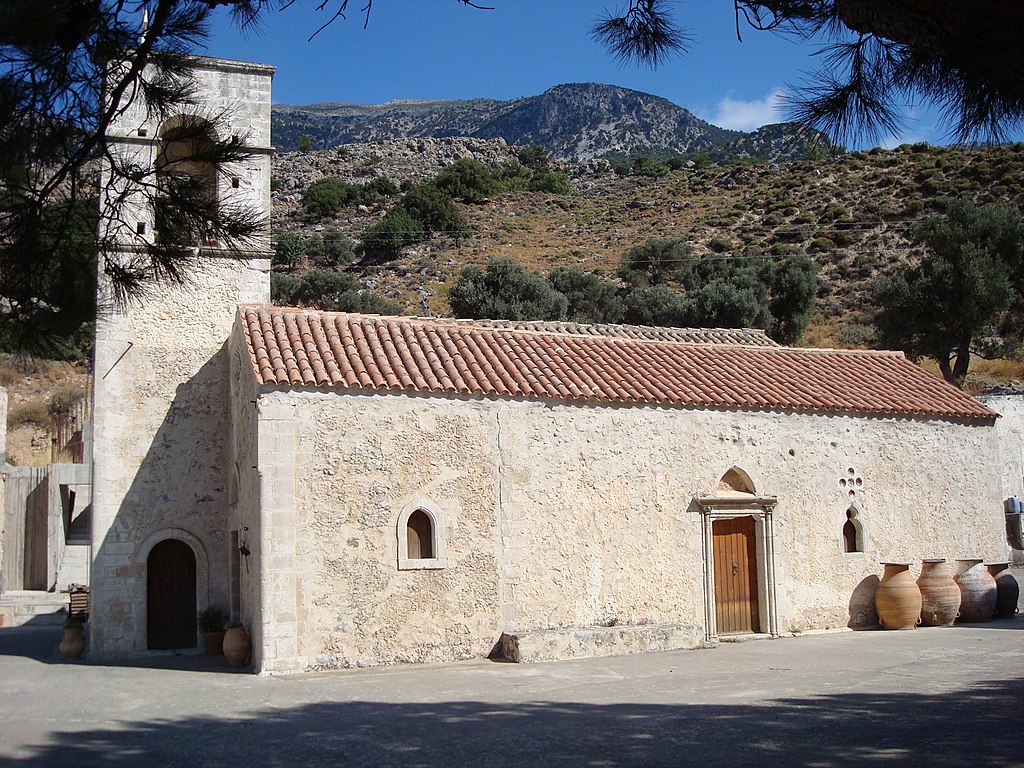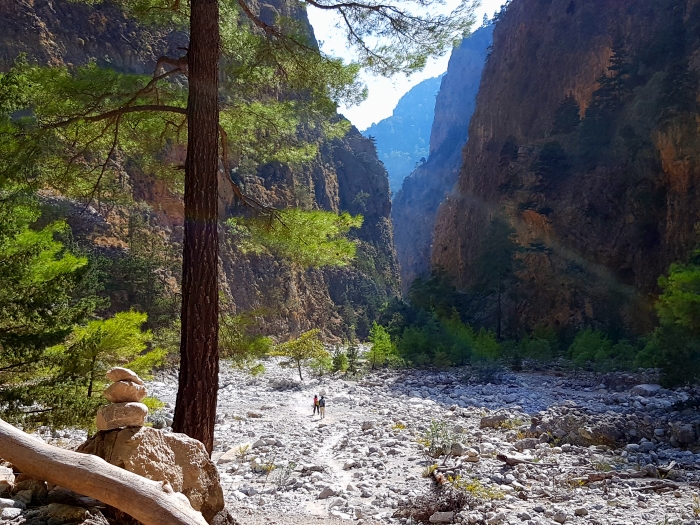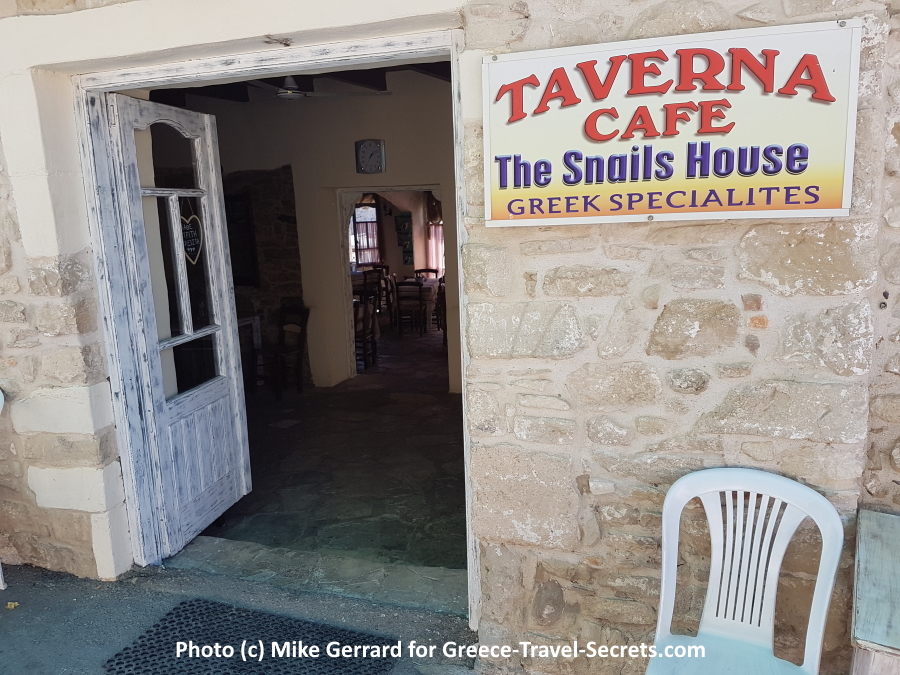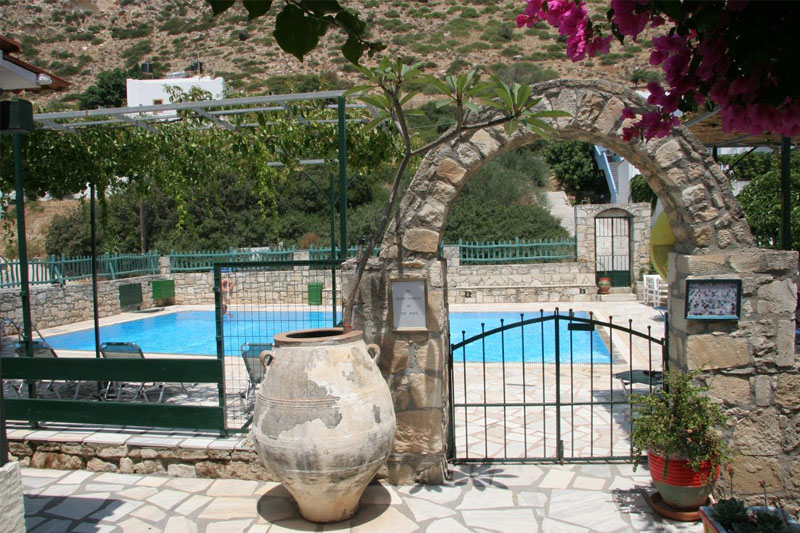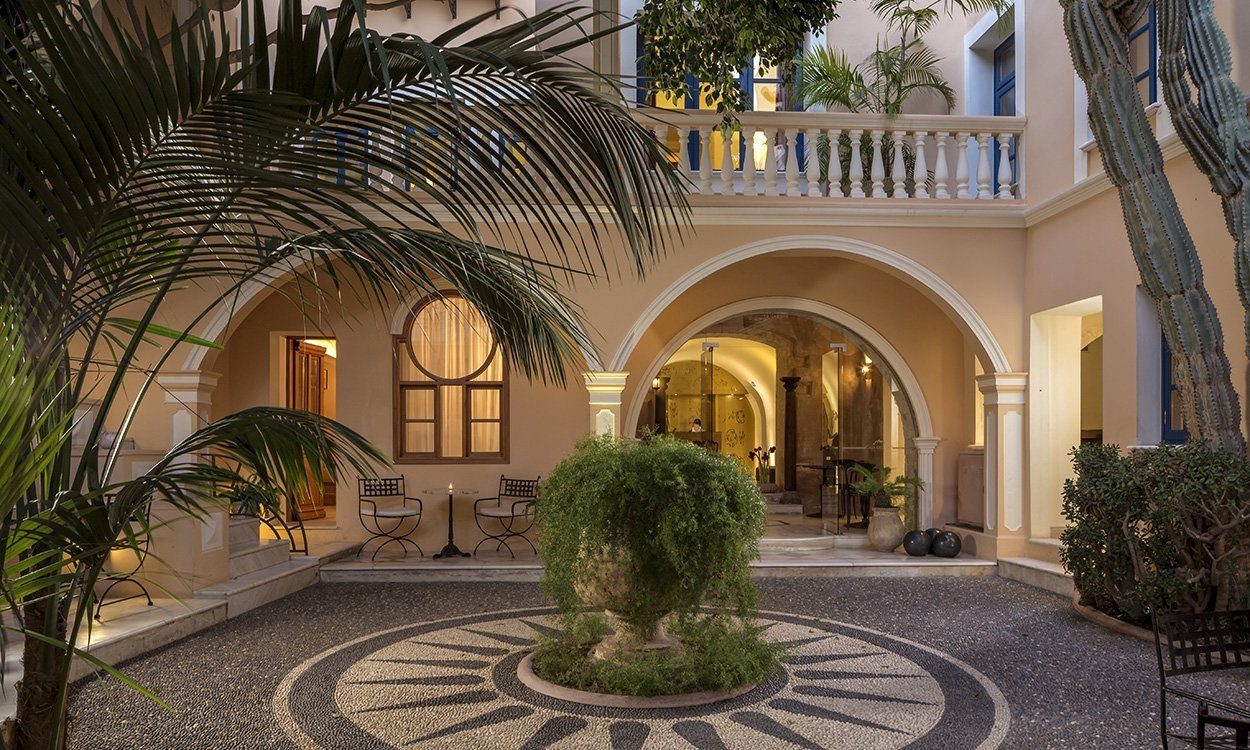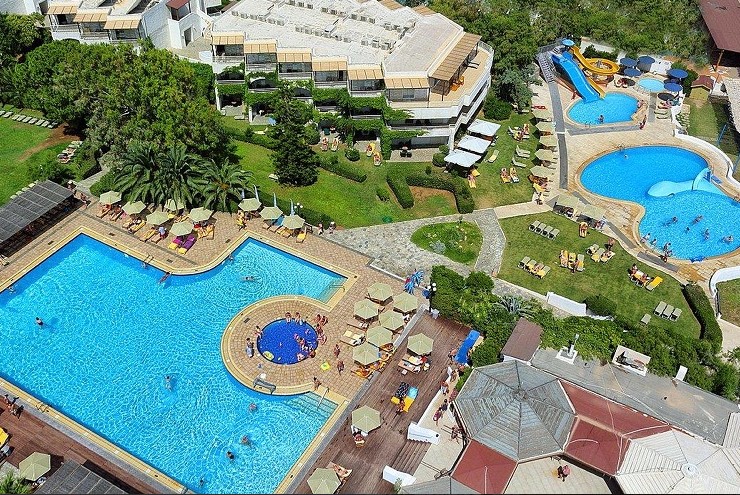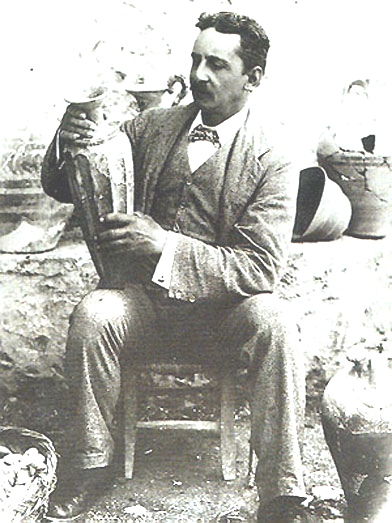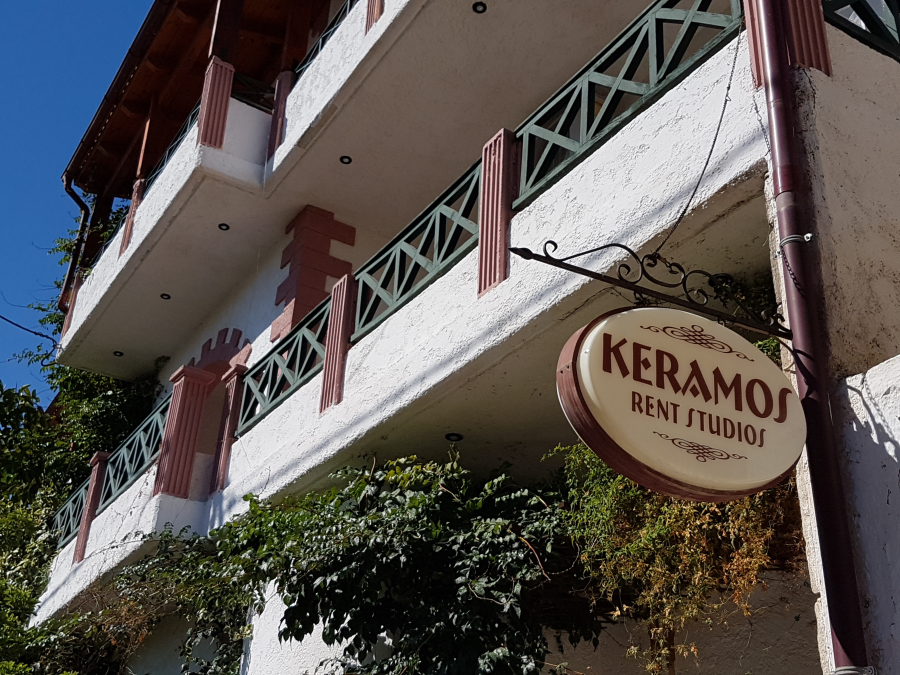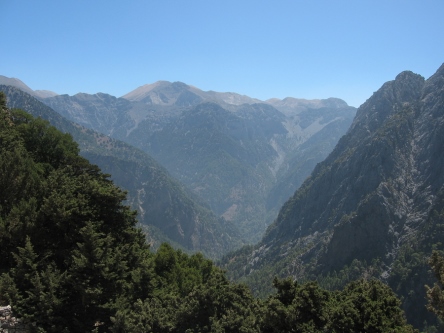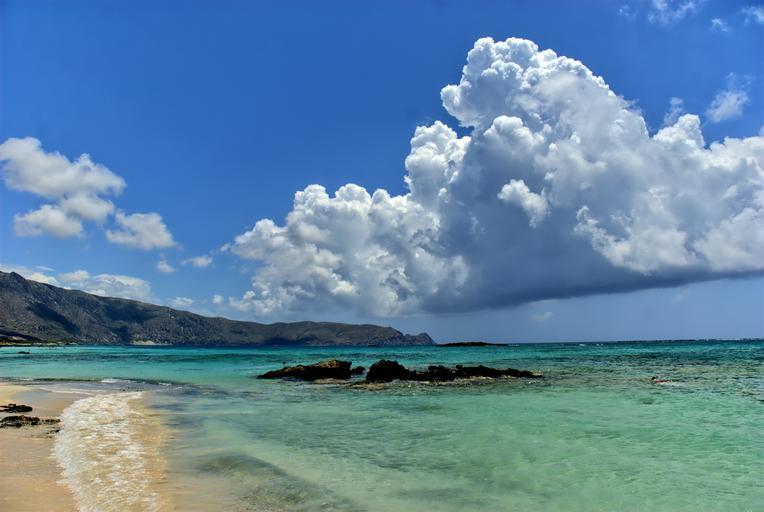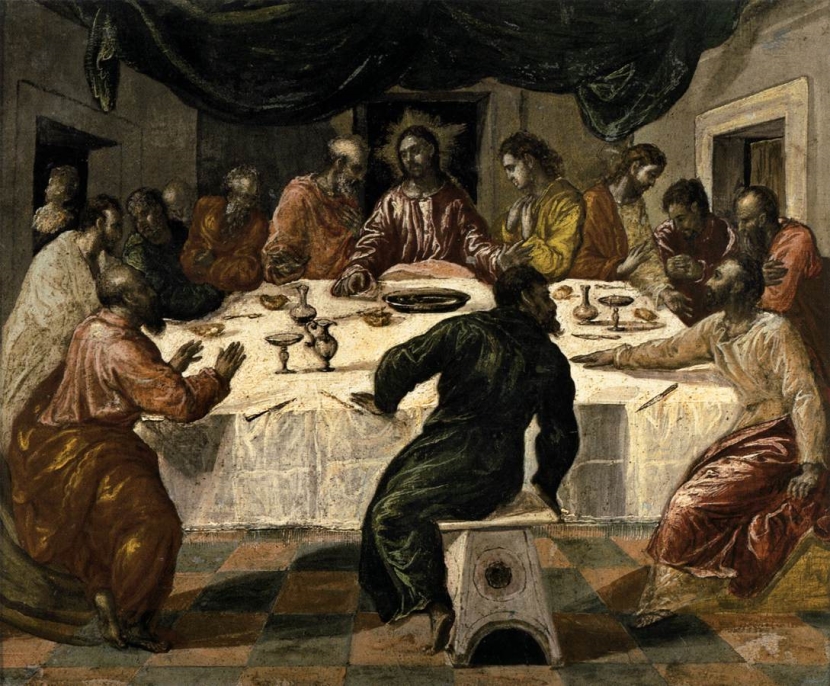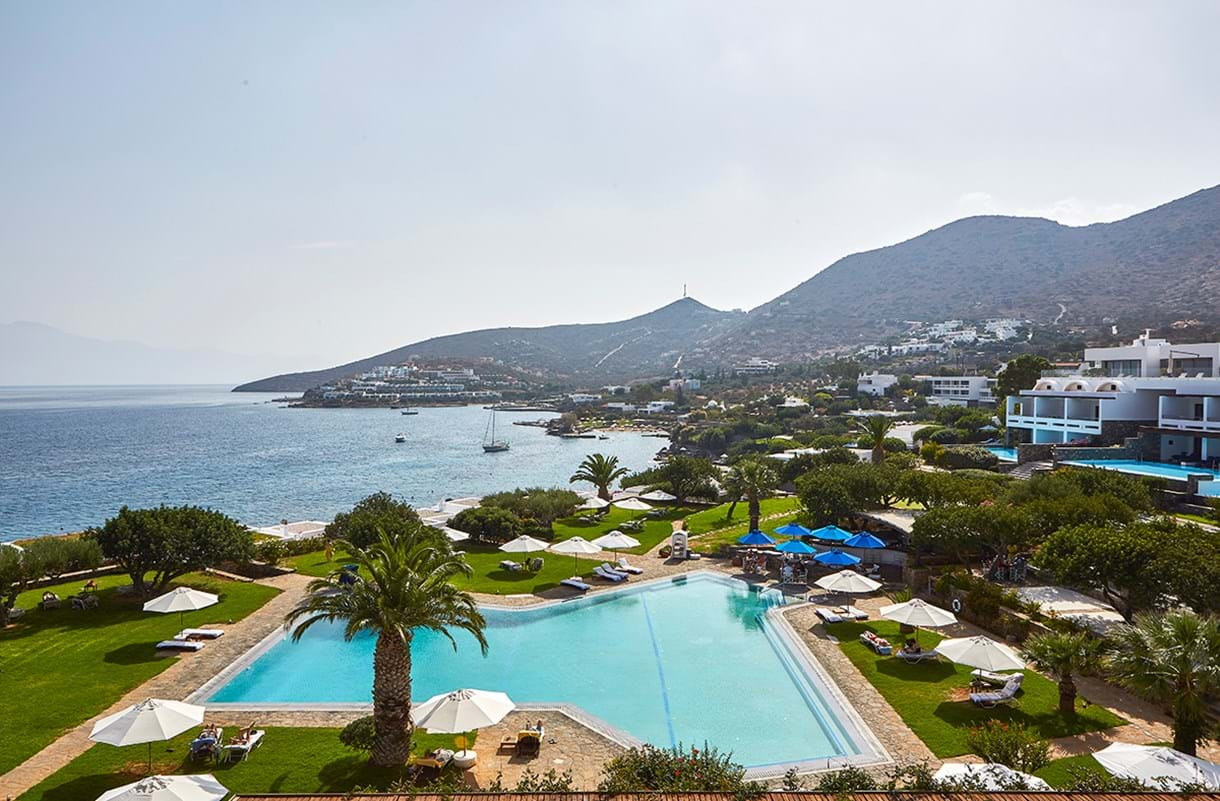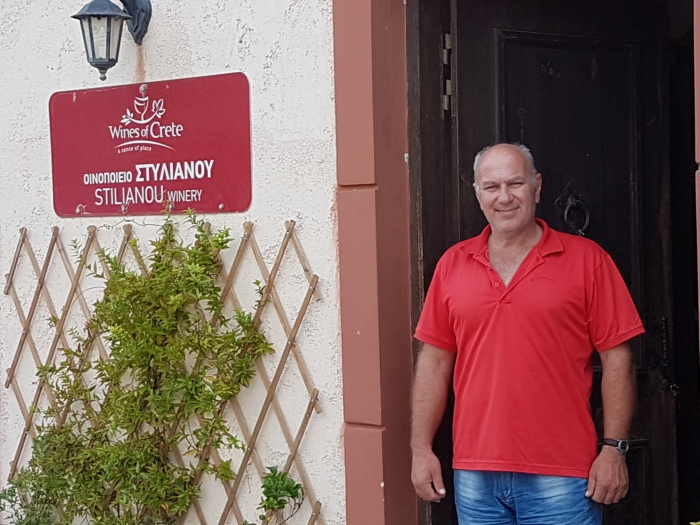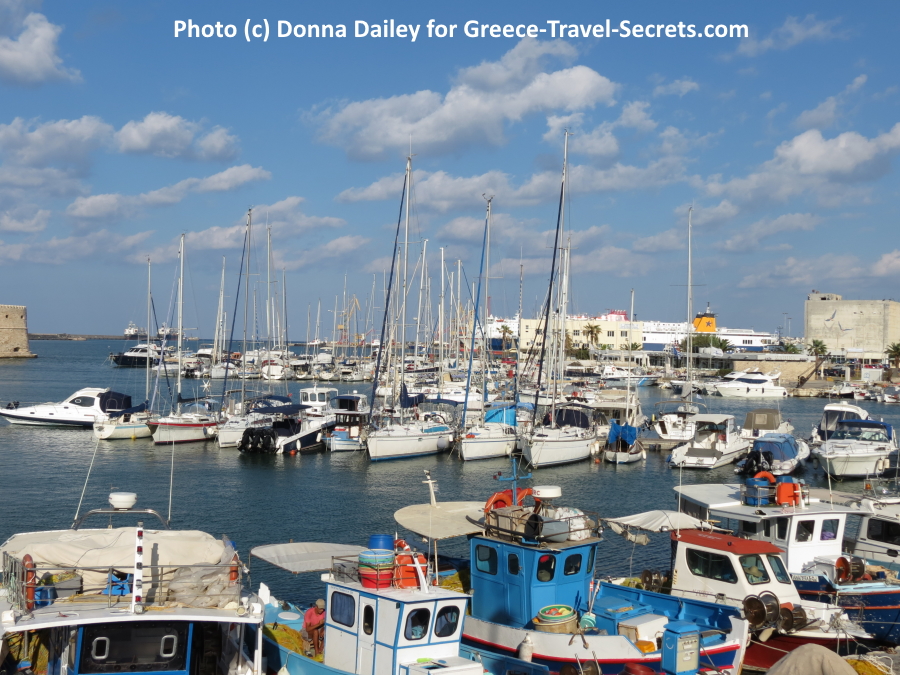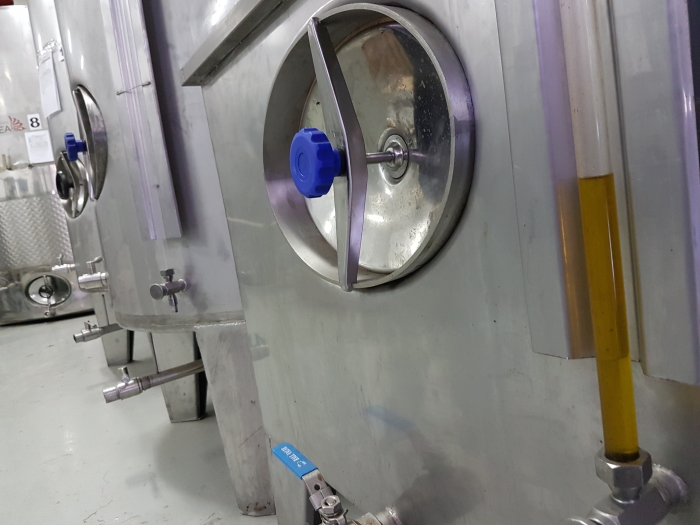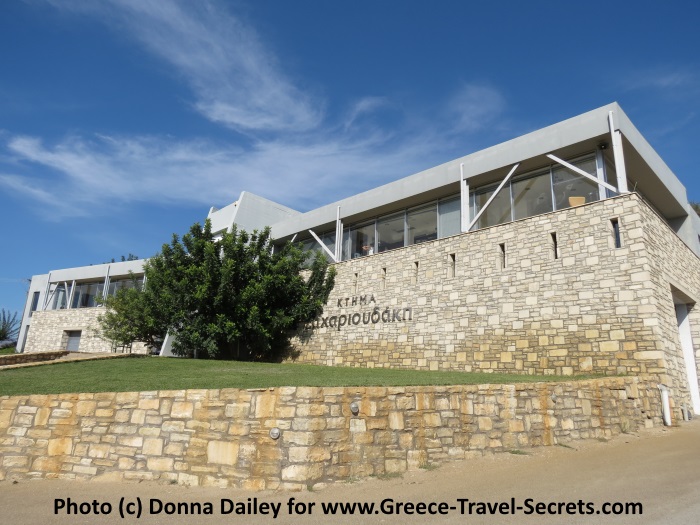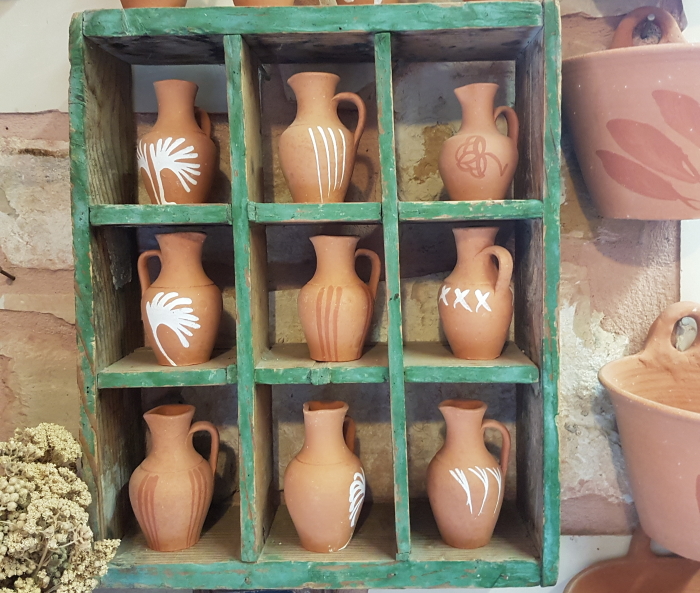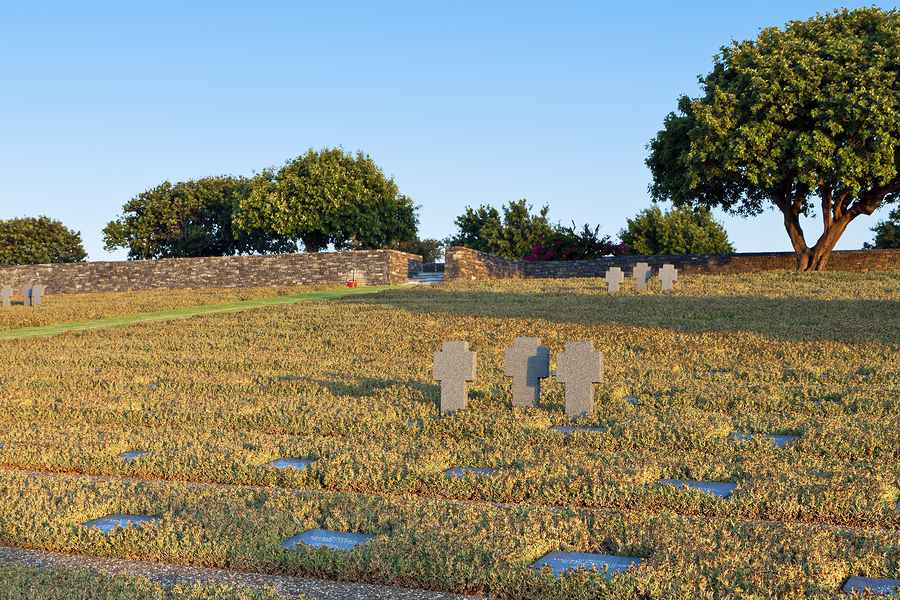Kritsá, Lato, and Panagía Kerá
The Byzantine Church of Panagía Kerá in Kritsa and not far from Agios Nikolaos is one of the most famous in Crete, and close by is the site of Ancient Lato.
This file is licensed under the Creative Commons Attribution-Share Alike 3.0 Unported license.
The tiny Byzantine Church of Panagía Kerá is one of the most famous in Crete, renowned for its 14th- and 15th-century frescoes which cover almost every inch of its interior walls with vivid religious scenes.
It stands just outside the traditional village of Kritsá, as does the archaeological site of Lató, and a visit combining all three makes for a fascinating and contrasting few hours.
Top Tip
Don’t even think about trying to park in Kritsá. Follow the signs to the official car parks that are provided.
Kritsa
Kritsá itself is said to be the largest village on Crete, and it sits in the low hills only about 10 km (6.2 miles) inland from the busy resort of Ágios Nikólaos. It can be very crowded when coach parties descend and hundreds of people wander the steep streets searching for the best of the local handicrafts.
Weavings, embroidery, lace and leatherwear are all here in abundance, and with better prices than you will pay in shops in the resort towns on the coast. When the visitors depart it reverts to being more of an ordinary Cretan village, and an attractive one too with its backdrop of mountains and views in places down to the coast.
Getting In
The church of the Panagía Kerá is on the right as you approach Kritsá from Áyios Nikólaos and is signposted before you get to the village itself.
Panagía Kerá
The undoubted highlight of the region, though, is the delightful church of the Panagía Kerá. A path from the main road leads to the little domed white church, which has just three tiny aisles. The view when you enter is quite stunning. With the exception of the stone floors, every inch of the church is covered in frescoes.
Hidden Gem
In the central aisle of the Panagía Kerá, on the right-hand side near the door, is a delightful and moving portrait of the Virgin and Child, who are exchanging the most loving of looks.
Some of the colours now are a little dulled with time, but the images when you examine them are as vivid and as beautiful as when they were first painted, in the 14th and 15th centuries. The sheer volume of images is overwhelming, including icons of the saints, Biblical images such as the Last Supper, and graphic depictions of the punishments that sinners can expect in Hell.
Also in Kritsa
It’s worth allowing time to explore Kritsa. Also here is a small but interesting museum, the Museum of Rare and Endemic Plants, and the Kritsotopoulas Museum, a history museum.
Top Tip
Early morning and late afternoon are the quietest times to visit Kritsá. Check the opening times of Lató and the Panagía Kerá, and plan the visit accordingly.
Lato
Signposted from the village and 3 km (1.9 miles) north is the site of ancient Lató, well worth visiting both for the drive along the zig-zagging valley road up to the site, and the magnificent views along the valley when you get there. Lató is one of the lesser-known sites, with comparably fewer visitors, and is all the better for that.
Lató dates from the Doric period, which came after the Minoans and the Myceneans, when the Dorian people, originally from Northern Greece, ruled Crete and much of the Greek mainland. This began in about 1100 BC and lasted till the arrival of the Romans in 69 BC. Lató was an important city, as can be seen by the extent of the remains which spread along the hillside.
Excavations only began in 1957 and much work still needs to be done. Areas uncovered so far include the agora, or marketplace, steps that formed part of a theatre, the foundations of shops and artisans’ workshops, and what was probably the original entrance gate to the old city. The best part of the experience is simply being there, however, as the site exudes its own unique charm.
Getting Out
If you drive from Kritsa to Lato you can carry on driving past Lato for a circular route back to Ayios Nikolaos. It's a little longer but a nice drive.
Latest Posts
-
Explore Vikos Gorge: Hiking, Rafting, and Food in Zagori
One of the most impressive canyons in Europe and one of Greece’s favorite mountain destinations, Vikos Gorge invites hikers and food lovers alike. -
Lefkada: The First Ancient Theater of the Ionian Islands Comes to Light
The first ancient theater ever discovered in the Ionian Islands is located in the heart of the ancient city of Lefkada, established before the end of the 7th century BC. -
5 Epic Island Hikes in Greece for Spring Explorers
This spring, five majestic peaks across Greece’s islands invite us to lace up our boots and discover a wilder side of island life. -
Greek Ferry Services to Halt on May 1 Due to Labor Strike
Ferries in Greece will remain docked for 24 hours on Thursday, May 1, as the Pan-Hellenic Seamen’s Federation (PNO) joins Labor Day mobilizations announced by the General Confederation of Greek Labor… -
Sifnos: Greece’s Hidden Culinary Star on the Rise
Sifnos, a Cycladic island, is gaining fame for its rich culinary heritage, especially the beloved melopita honey-cheese tart. -
Easter in the Mystical Castle of Monemvasia
In the castle town of Monemvasia, with its dramatic medieval backdrop and sea views, Easter is a deeply spiritual and atmospheric experience. -
Easter in Leonidio: A Tapestry of Light, Culture and Cliffs
In Leonidio, Easter comes alive with handmade hot air balloons in the sky and lanterns made from bitter oranges in the streets. -
The Lesser-Known Traditions of Greek Easter
Step off the beaten path this spring and discover the enchanting — and often surprising — Easter traditions found across Greece. -
April 9 Strike in Greece to Impact Public Transport, Ferries and Air Travel
Transportation and travel across Greece will face disruptions on Wednesday, April 9, as public transport, ferry and aviation workers join a nationwide strike called by Greek labor unions. -
Ancient Theater of Lefkada Brought Fully to Light Following Systematic Excavation
The Greek Culture Ministry has announced that the first ancient theater ever identified in the Ionian Islands has recently been brought fully to light on Lefkada, revealing an impressive monument that…


